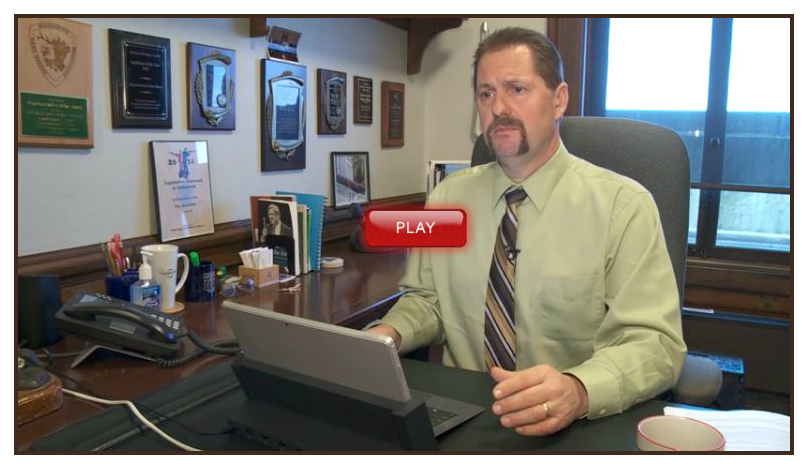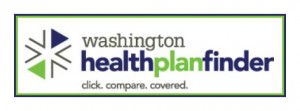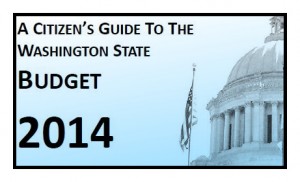 Cutoffs
Cutoffs
The Legislature is already hitting the first cut-off deadlines this session. Bills that have received a public hearing and have been voted out of committee will continue through the legislative process. Friday, February 20 was the last day House policy committees could pass non-budget bills on to Rules or fiscal committees. Tomorrow, Friday, February 27 will be the last day that the fiscal committees can approve non-budgetary House bills, too. Next week we’ll be on the Floor every day passing bills to the Senate.
I’m pleased to report that these prime-sponsored bills are still moving through the process:
- HB 1000 – water rights in land managed by the Department of Fish and Wildlife.
- HB 1032 – encouraging habitat projects that provide a public benefit.
- HB 1118 – cost savings giving administrative flexibility to the Department of Fish and Wildlife.
- HB 1119 – establishing the age of fourteen as the minimum age to participate in unaccompanied hunting.
- HB 1220 – tax exemption for certain hazardous substances used as agricultural crop protection products.
- HB 1351 – license fees for National Guard members.
- HB 1641 – adding shellfish to the list of species types listed in statute.
_______________________________
Watch My Video Update!
 _______________________________
_______________________________
Did you miss the deadline? No worries, there’s still time to get covered
 160,000 Washingtonians signed up for private insurance on Washington’s Health Benefit Exchange, including 66,000 new customers and about 94,000 people who renewed insurance they bought during the previous open enrollment period.
160,000 Washingtonians signed up for private insurance on Washington’s Health Benefit Exchange, including 66,000 new customers and about 94,000 people who renewed insurance they bought during the previous open enrollment period.
But if you are among the 50,000 who didn’t meet the deadline either because you encountered technical glitches, or because you simply didn’t know there’s a penalty for not signing up, a special enrollment period will run until April 17. To get information about the spring special enrollment opportunity, please click here for frequently asked questions.
_______________________________
The State Budget
 The operating budget pays for day-to-day expenses like teacher salaries, health care for low-income families, and prisons. Click on the 2014 Citizen’s Guide to the Budget to read in more detail how the state budget works.
The operating budget pays for day-to-day expenses like teacher salaries, health care for low-income families, and prisons. Click on the 2014 Citizen’s Guide to the Budget to read in more detail how the state budget works.
While our state is slowly recovering from the recession, revenue is not keeping up with the demand for state services. It’s true that state revenues are up $3 billion from last biennium, but that’s only half the picture. Our projected expenses are up—way up—more than $3 billion.
The State Supreme Court held the Legislature in contempt of court in the McCleary case last year. We need to invest at least $1.3 billion more in K-12 education for McCleary-related expenses to meet our legal and moral obligations.
Also, voters passed an initiative for smaller class sizes which costs an extra $2 billion. We also need significant improvements to our mental health and foster care systems. And we have over 120,000 teachers and state employees that have had their paychecks frozen for six years, reducing their buying power by 16 percent. Good teachers are leaving for other jobs.
The recession hit everyone hard, even the state. We cut $12 billion in state spending since 2008. We cannot cut billions more and expect positive outcomes.
Send me your thoughts on how you’d solve this conundrum. What would you cut from state government? What revenue options would you consider?
_______________________________
Thanks for reading this update. Send me your feedback and be sure to contact my legislative assistant, J.D. Rossetti, if you want to schedule a meeting with me.
Sincerely,
![]()
